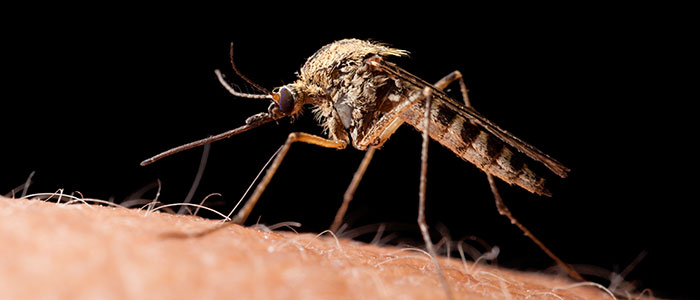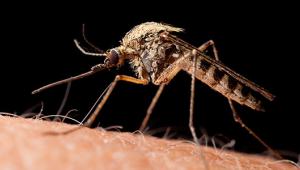The declaration will activate the mobilisation of funding and a coordinated international response to investigate the relationship between Zika and the large numbers of babies born with abnormally small heads in Brazil as well as to prevent further spread of the virus and protect pregnant women in particular.
WHO director general Margaret Chan convened a meeting of an emergency committee of experts last week as international concern surrounding the “explosive” spread of Zika and the associated rise in cases of microcephaly grew.
Chan said the committee expressed concern by the strong link between the virus and the foetal abnormality, as well as the lack of vaccines, reliable diagnostic tests and population immunity in newly affected countries. This prompted them to advise WHO to announce a public health emergency of international concern.
“In their view, a coordinated international response is needed to minimise the threat in affected countries and reduce the risk of further international spread,” she said.
The mobilisation of international resources and expertise will improve surveillance of the virus, the detection of infections and the neurological complications in newborn babies, as well as intensify the control of mosquito populations and expedite the development of diagnostic tests and vaccines to protect people at risk, especially during pregnancy.
The committee said that “aggressive measures” should be taken to reduce infection particularly among pregnant women and women of childbearing age, but found no justification for restrictions on travel or trade.
Chan said the cluster of microcephaly cases constituted an “extraordinary event” that posed a health threat to other parts of the world. WHO has been relatively quick to raise the alarm in this case after being heavily criticised for not declaring an international health emergency as Ebola spread across West Africa.
Brazilian officials estimate that there have been around 1.5 million cases of Zika since the outbreak began in the country in May last year. Since then there have been almost 4,000 cases of microcephaly in the country – over 30 times more than have been reported in any year since 2010.
An earlier cluster of microcephaly has also been identified in French Polynesia in 2014 but its significance was not realised until now. Brazil has ordered a huge military effort to eradicate the breeding grounds of the Aedes mosquito, which spreads the virus.
Last week, WHO warned that Zika is spreading explosively and is likely to appear wherever the Aedes mosquito does, which includes all of the Americas apart from Chile and Canada, as well as Africa, Asia and the Pacific.












